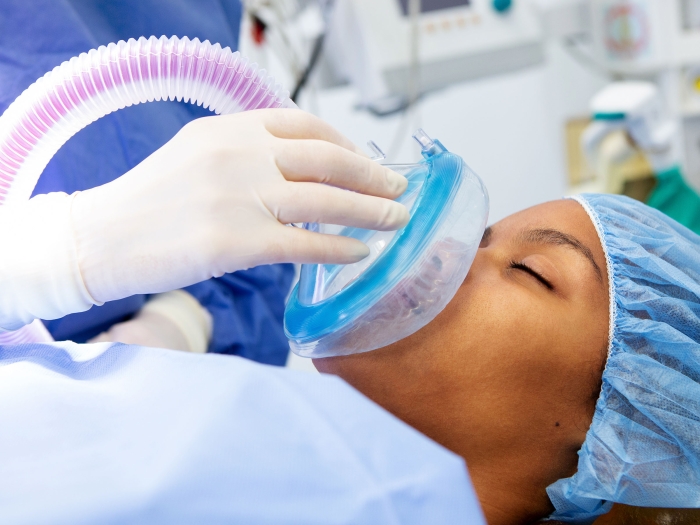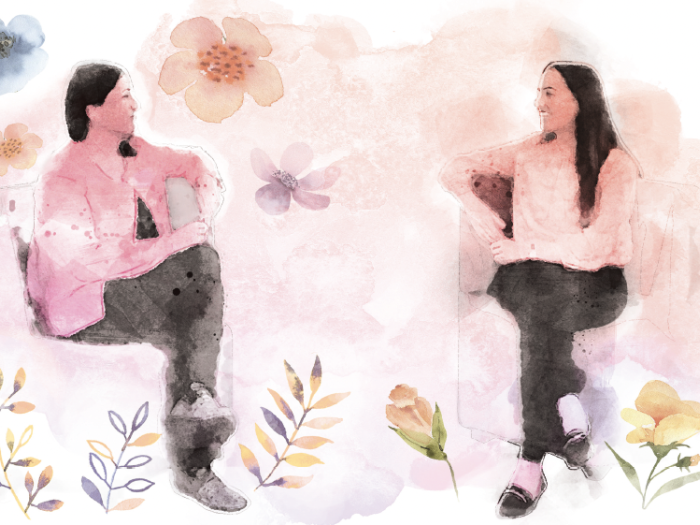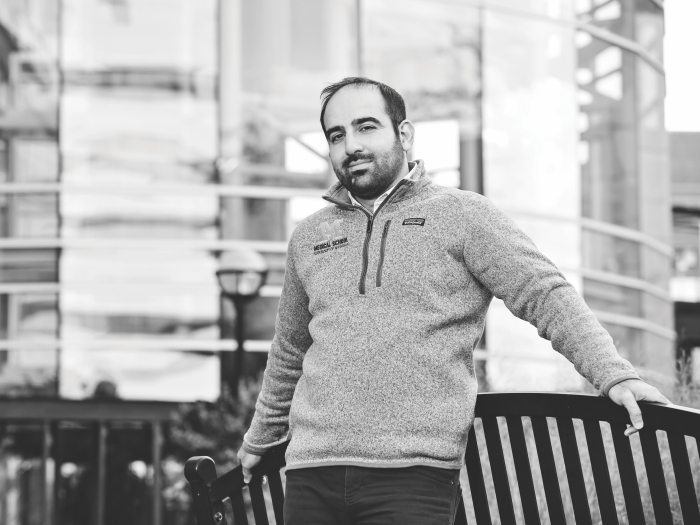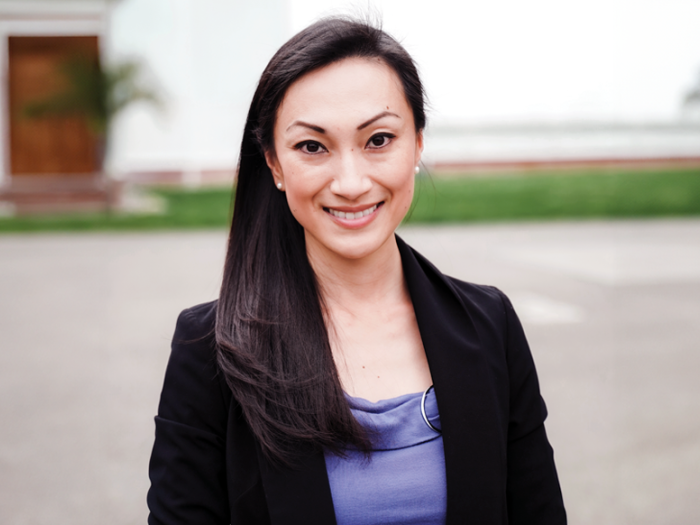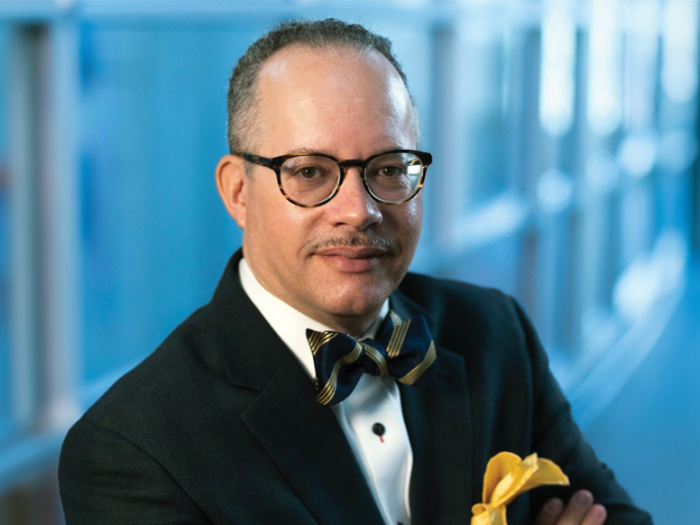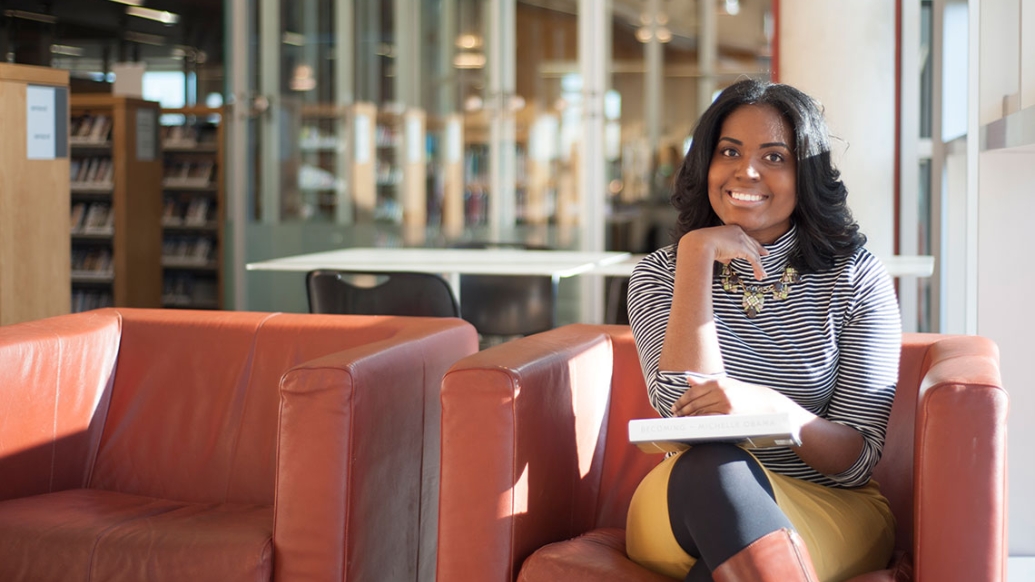
Jasmine Harris always knew her future would involve medicine, but, prior to attending the U-M Medical School, she took a few gap years to better acquaint herself with the people she would one day help and the systems that treat them. She worked as a clinical research assistant at the Children's National Medical Center in Washington, D.C., and saw the world of pediatric emergency medicine up close; she also saw, through volunteering, how health disparities affect minority populations. And she knew she had to act. Harris, now an M2, is working to address those disparities and improve the lives of both patients and aspiring physicians from underserved communities. Through those formative, real-world experiences, Harris — pictured here at the Ann Arbor District Library's Traverwood branch, one of her favorite places in Ann Arbor — came to understand her strengths, her courage, and her ultimate purpose as a medical professional.
"I used to feel insecure about my journey being different from others', but now I see it as a critical part of becoming the person and future physician that I am today. Being a non-traditional student has allowed me time to learn more about myself and solidify my love for medicine. During my gap years, I was able to strengthen my scientific background and be involved in research and volunteer opportunities that made me feel wholeheartedly that this was the path for me.
"Medicine provides the unique opportunity to work with people from all walks of life, and, in pursuing it, I hope to combat health disparities while promoting health equity and culturally competent care. I want to be both an advocate and ally for my patients."
— Jasmine Harris
